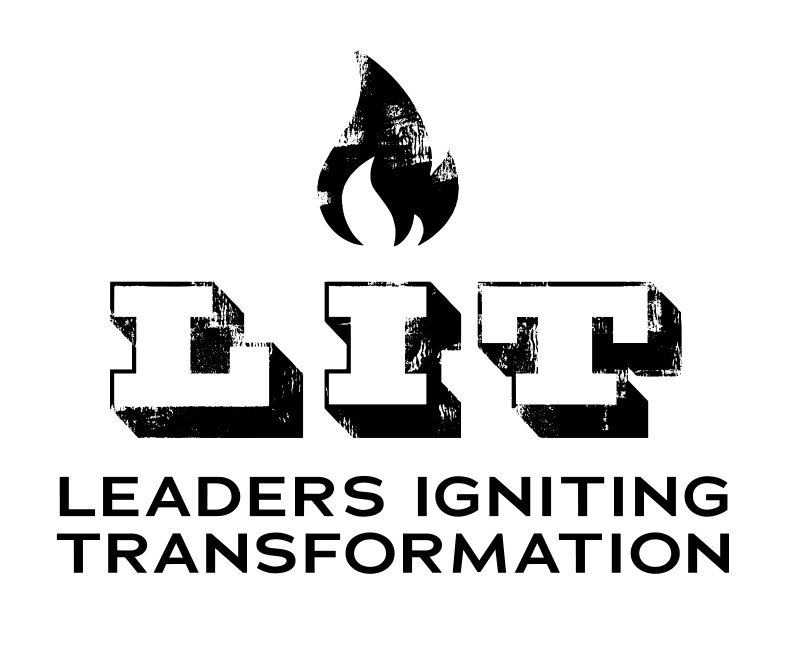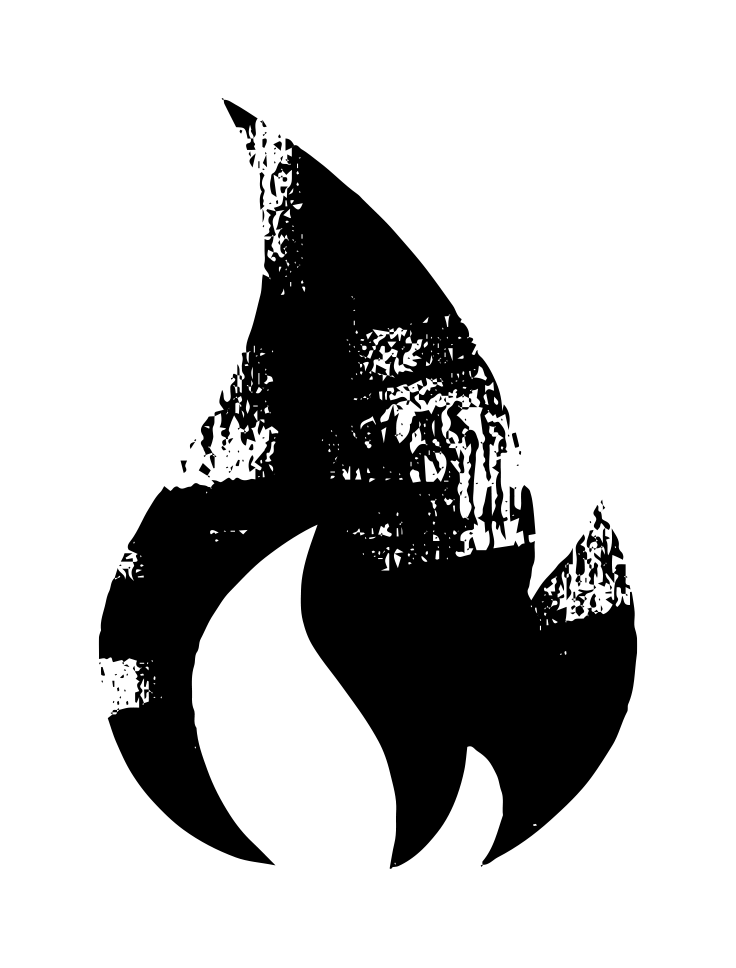Care for others by first caring for yourself
By Raphael Miller
Photo: Getty Images
It’s true that self-care encompasses all that relates to face masks, bath bombs, massages, and scented candles. Everyone associates it with anything that physically soothes or relaxes us, and for good reason; as busy as most of us are, it feels good to take a step back in order to heal parts of ourselves that we are otherwise forced to ignore. This is going to look a little different for everyone and may comprise primarily physically soothing activities, or even practices regarding emotional and financial well-being. Due to the highly personal and individual nature of this practice, self-care becomes something different for everyone.
For some, self-care is practiced through acts of personal responsibility or difficult conversations. Though no one enjoys ensuring their bills are paid on time, doing this ensures a more stable, healthy life. The same goes for cutting off toxic relationships or asserting boundaries with a loved one; though they may be acts of self-care, most people dread these types of situations. Kayla, LIT’s Operations Manager, personally pursues setting boundaries as a form of self-care. She describes it as the following:
“Boundaries aren't necessarily fun, in fact, it feels quite the opposite but they are necessary for my survival. Thus, setting, communicating, and maintaining my boundaries happens on a daily basis & I get to practice and prioritize myself each day.”
For others, self-care can primarily look like getting lost in a good book, cooking food, or picking up a meditation or yoga practice. Earthing or grounding techniques, as well as mindfulness practices have also proven to be particularly effective in lessening stress and re-balancing ourselves when we are faced with struggle. No matter what way you engage with it, self-care remains expansive and exists far beyond any singular definition of the term, inhabiting all spaces wherein we choose to love ourselves exactly as we are and going further than any modern-day implication of it.
There is an incredible amount of depth and importance behind the self-care movement with significant contribution from the Black queer community. Historically, self-care has been integral to the practices of those who find themselves advocating for social or political change. This has made it crucial to the lives of BIPOC, women, those with disabilities, and the LGBTQ+ community for over half a century, as they suffer most directly under the rigid structures of white and male supremacy.
Self-care’s roots lie within the Black Power movement of the 60’s and 70's, which provided a holistic approach to activism. Specifically, the Black Panther Party became the trailblazers of self-care and its integration into activism. Black leaders, who were most often women and also often queer, emerged as they urged fellow activists to care for themselves.
A couple of examples come from Black Panther Party leaders like Angela Davis and Ericka Huggins, whose particular self-care practices focused on the importance of mindfulness through yoga, meditation, and poetry, the likes of which having been adopted while they were incarcerated. Upon their release they began advocating for the preservation of mental health through proper nutrition and physical movement.
Under other Party leaders, martial arts were taught as a form of self-defense and self-care, becoming a key component of the Party’s Ten-Point Program. Instead of having focused on the execution of moves, the Party’s martial arts program existed to appreciate one’s own Black body exactly as it was; it was a form of mindful self-love. For these activists, different forms of self-care were not just a form of comfort, but also catalysts for healing, wholeness, recharge, and a means for moving beyond trauma.
Additionally, there now exists an app that harbors space for Black and Brown communities and meditative practices. Liberate, a meditation app led by BIPOC teachers, allows one to cultivate a daily meditation practice specifically curated for Black and Brown experiences. The app is specifically made for those who feel out of place when forced into white spiritual settings, as the entire app is made through a BIPOC lens.
This is incredibly important, as today, a lot of people, including BIPOC, activists of color, and the LGBTQ+ community, continue to use self-care as a way to ensure that they are healthy, both physically and emotionally, over extended periods of time. In a world fueled by exploitation and over-exertion, taking the time to practice self-care becomes a radical form of resistance.
When everyone is expected to be giving their all until the end of time, especially on the backs of BIPOC bodies, self-care becomes all the more radically resistant to what society expects of us.
I love the way that civil rights activist Audre Lorde put it when she referred to self-care as “an act of political warfare.” Within social movements and anti-racist work, an act of political warfare is exactly what self-care becomes; when groups of people are trying to create lasting change, it is true that they must first care for themselves before they can even consider serving their communities. When we enter any social sphere, we bring our entire selves, including our traumas and baggage - not just the selves we hope to project. With activism being as consuming as it is, healing these traumas through practicing self-care becomes all the more relevant for those of color.
Activism is particularly all-encompassing as the work directly stems from individuals and their personal capacities. The work of an activist relies upon the entirety of said individual, not one compartmentalized aspect of them. This includes their physical, emotional, mental, and spiritual states. To have one or more of these areas in disrepair makes for an unbalanced individual unable to do their work at their fullest capacity. This is particularly important for activists, as they are expected to carry out emotionally-laborious work over extended periods of time. To neglect the wellbeing of any one of these areas most always leads to burnout.
In order to avoid this we must acknowledge that activism is a particularly demanding line of work, where its constituents pour their entire being into the causes they are fighting for. Emotional labor goes hand-in-hand with activism, forcing many activists to put the needs of others ahead of their own. This can quickly lead to compassion or empathy fatigue, which are both forms and symptoms of burnout. This can look like being easily irritated, isolating oneself, and a feeling of numbness or inability to care; however it shows up, empathy fatigue occurs when someone loses their compassion or empathy over time, making it important to catch right away.
Anyone can fall prey to empathy fatigue, but those who conduct emotional work, such as activists and healthcare professionals, or those who find themselves in the direct line of trauma, are at particular risk for experiencing it. Such deterrents become debilitating to anyone’s ability to perform their work well. Through the act of self-care however, activists may move beyond trauma and fully immerse themselves in their work without losing themselves in it.
While self-care is an act that everyone should take time to practice from time to time, I want to emphasize the particular importance of self-care for BIPOC and activists of Color. The world is forced to witness the systematic murders and demonization of BIPOC on a regular basis, making self-care a true means of survival for these groups. It’s common to be re-traumatized in concurrence with the modern-day news cycle as a Person of Color. More than ever, attention is being brought to anti-Black and white supremacist sentiments and hostilities around the world. This occurs as many of us are forced to reconcile the systemic nature of white supremacy and racism as a whole, which can feel bigger than any one of us.
Despite the intimidation of facing something so prevalent and integrated into our society, there is hope for change. When it’s against white supremacy and for abolition, no one fights alone, even if it may feel like it at times. While activism can be a highly personal journey, it is also a constant collaboration and amplification of everyone’s voice together. This support does not have to come entirely from the movement either. Maya, LIT’s Political Manager, brought up how she uses talking to friends and family as self-care, which I feel is an important means of self-care to emphasize. It may be difficult to remember at times, but we can lean on other people, including a counselor or therapist, should we have access to one. Asking for help is one of the most important acts of self-care in general, especially when we’re all fighting this fight every day.
It is important to remember that for BIPOC, self-care goes against everything that society wants or expects of them. When we live in a world where a Black or Brown life is deemed less than a white one, choosing to care and love oneself as a non-white person becomes all the more radical. It allows for activists and groups like LIT to continue to do their work as they operate in a society designed to undermine them.
Self-Care at LIT
As a Black and Brown-led organization, the staff at LIT already know the importance of self-care and other healing measures accomplished through frameworks such as Transformative Justice. Brandi Hernandez, LIT’s Political Organizer, quickly realized that as an organizer, “the work follows you everywhere.” Her personal self-care practice involves reading, during which she can take a step back and focus on a book instead of the chaos of life.
Reading has actually been the most popular form of unwinding at LIT, but it’s still important that we take the time to find what works for us and when regarding self-care. No matter the means of practicing self-care, the staff here know the importance of regularly participating in it as staff at LIT. Kayla explains the importance of it well:
“… It can be easy to overwork ourselves, especially at a nonprofit where we work towards building more liberatory futures for Black and brown youth and young people. One way that I've had to set boundaries is by setting clear work hours( (i.e. not being available 24/7) and not feeling guilty for taking time off.”
While it’s important to have dreams of a better future for Black and Brown youth, we must never forget the importance of ourselves. When loving oneself is radical, especially as BIPOC, self-care becomes all the more important to this fight, especially here at LIT. So long as there is a fight for liberation, self-care will be practiced hand-in-hand.


